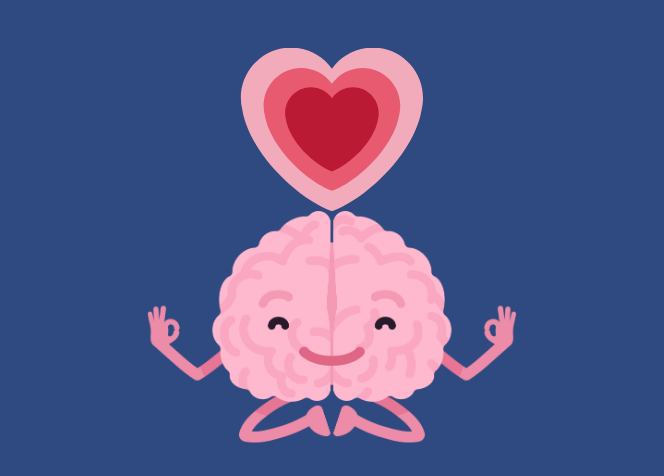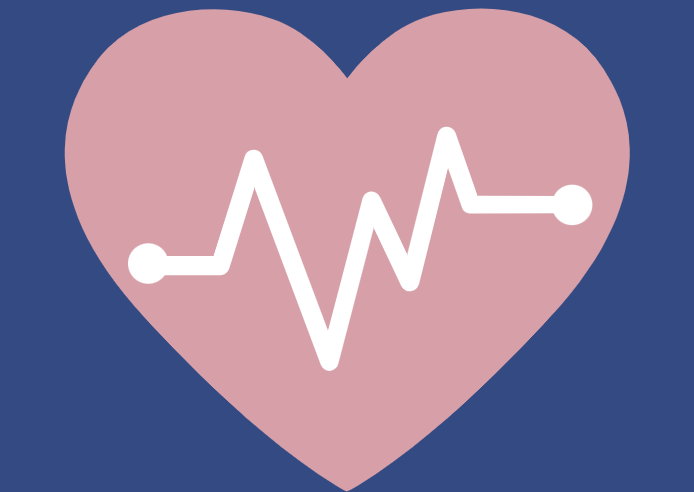World Health Day


World Health Day, observed on April 7th each year, is a global initiative to raise awareness and promote action on pressing health issues. While physical health often takes centre stage, it is crucial not to overlook the importance of mental health in overall well-being. This article highlights the significance of mental health, discusses common mental health challenges and offers practical strategies for promoting mental well-being on World Health Day and beyond.
The importance of mental health: Mental health is a fundamental aspect of overall health and well-being, encompassing our emotional, psychological and social well-being. It influences how we think, feel and behave. It also plays a vital role in how we cope with stress, relate to others and make decisions. Just as we prioritise physical health through exercise and proper nutrition, it is essential to prioritise mental health through self-care practices and seeking support when needed.
Common mental health challenges: Mental health challenges can affect anyone, regardless of age, gender or background. Some common mental health disorders include:
- Depression: Characterised by persistent feelings of sadness, hopelessness and loss of interest in activities.
- Anxiety disorders: Including generalised anxiety disorder, panic disorder and social anxiety disorder, marked by excessive worry, fear and avoidance behaviours.
- Post-traumatic stress disorder (PTSD): Occurring after experiencing or witnessing a traumatic event, leading to intrusive memories, flashbacks and emotional numbness.
- Substance use disorders: Involving the misuse of drugs or alcohol to cope with emotional pain or distress.
- Eating disorders: Such as anorexia nervosa, bulimia nervosa and binge-eating disorder, characterised by unhealthy eating behaviours and body image concerns.

Promoting mental well-being: On World Health Day and beyond, there are several ways to promote mental well-being:
- Practise self-care: Engage in activities that nourish your mind, body and soul, such as exercise, meditation, hobbies and spending time with loved ones.
- Prioritise sleep: Ensure you get enough quality sleep each night, as sleep plays a crucial role in regulating mood and overall mental health.
- Build a support network: Cultivate meaningful connections with friends, family or support groups who can provide encouragement, empathy and understanding.
- Seek professional help: If you are struggling with your mental health, do not hesitate to reach out to a mental health professional for support, guidance and treatment options.
- Reduce stigma: Challenge stigma and discrimination surrounding mental health by promoting open, honest conversations and advocating for equitable access to mental health care services.
Addressing mental health in communities: It is also essential to address mental health at the community level by:
- Increasing access to mental health services and resources, particularly in underserved areas.
- Providing education and training on mental health awareness, early intervention and stigma reduction.
- Implementing policies and programs that support mental health promotion and prevention efforts in schools, workplaces and healthcare settings.

World Health Day serves as a reminder of the importance of prioritising mental health as a crucial component of overall well-being. By raising awareness, promoting understanding and taking action to support mental health, we can create healthier, more resilient communities where everyone has the opportunity to thrive. Let’s come together to prioritise mental health and work towards a world where mental well-being is valued, supported and accessible to all.
